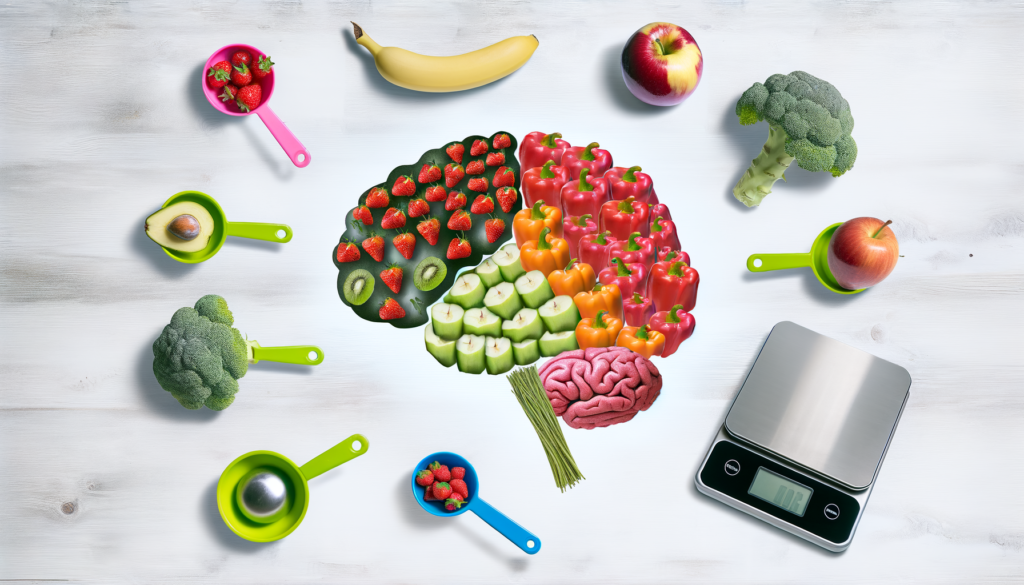Understanding the Crucial Role of Calorie Balance in Oncology Nutrition Support
When it comes to cancer treatment, nutrition plays a vital role in supporting the patient’s overall health, strength, and recovery. Calorie balance is a critical component of oncology nutrition support, and it involves a complex interplay of various factors. Here, we will delve into the importance of calorie balance, the factors that influence it, and practical strategies for maintaining optimal nutritional intake during cancer treatment.
The Impact of Cancer Treatment on Nutritional Needs
Cancer treatments such as chemotherapy, radiation, and surgery can significantly impact a patient’s nutritional needs. These treatments often reduce appetite and cause changes in taste preferences and digestion, making it challenging for patients to maintain adequate caloric intake.
For instance, patients undergoing radiation therapy to the head and neck may experience difficulties with taste and swallowing, while those undergoing chemotherapy may suffer from gastrointestinal distress. These side effects necessitate dietary adjustments to ensure the patient receives the necessary calories and nutrients for healing and recovery.
Factors Influencing Caloric Needs During Cancer Treatment
Several factors determine the caloric needs of cancer patients:
Age and gender are significant considerations. Older patients generally require fewer calories than younger patients, and women may have different nutritional requirements than men. The type of cancer being treated also plays a crucial role; for example, prostate cancer patients may benefit from a diet lower in saturated fats, while breast cancer patients may find benefits in consuming soy products.
The level of physical activity is another important factor. Patients who are more physically active may require more calories to maintain their weight and support their recovery. Additionally, the type and duration of treatment can influence caloric needs, as different treatments have varying side effects that affect nutritional requirements.
Determining Caloric Needs
Healthcare professionals, particularly registered dietitians, play a critical role in determining the caloric needs of cancer patients. They consider factors such as age, weight, activity level, and the specific type of cancer being treated to establish an individual’s calorie requirements. Regular monitoring of the patient’s weight, appetite, and energy levels is essential to adjust their caloric intake as needed.
Dietary Strategies for Meeting Caloric Needs
To ensure cancer patients meet their caloric needs, several dietary strategies can be employed:
Focusing on nutrient-dense foods that provide a balance of carbohydrates, proteins, and fats is essential. Incorporating calorie-dense foods such as avocados, nuts, and nut butter can help increase calorie intake. Smoothies or shakes made with protein powder supplements are also effective in boosting calorie consumption.
Eating small, frequent meals throughout the day can help maintain appetite, and choosing foods that are easy to digest, such as lean proteins, fruits, and vegetables, can alleviate gastrointestinal discomfort. Staying hydrated by drinking water and other fluids is also crucial.
The Role of Immunonutrition in Cancer Treatment
Immunonutrition, which involves the use of specific nutrients to modulate the immune response, is an emerging field in oncology. Research has shown that immunonutrition formulas can improve patient outcomes by reducing acute toxicity and modulating the inflammatory and immune response. This approach can be particularly beneficial for patients undergoing chemotherapy or radiation treatment.
Benefits of Proper Nutrition During Cancer Treatment
Proper nutrition during cancer treatment offers several benefits:
It helps manage treatment side effects such as fatigue, weakened immune function, and weight loss. A balanced diet rich in proteins, healthy fats, whole grains, and vitamins and minerals can increase energy levels, preserve muscle tone, and support immune function.
Eating well during treatment can also help patients better tolerate the side effects of chemotherapy and radiation, lower their risk of infection, and enhance their overall quality of life. Plant-based proteins, lean animal proteins, and other nutrient-dense foods are particularly recommended.
Working with Healthcare Professionals
Given the complexity of nutritional needs during cancer treatment, working with healthcare professionals, especially registered dietitians, is highly advisable. These experts can help plan meals that provide the right number of calories and nutrients, suggest dietary changes to manage side effects, and ensure that the patient’s nutritional needs are met throughout the treatment process.
Conclusion and Next Steps
Maintaining a balanced calorie intake is paramount for cancer patients undergoing treatment. By understanding the factors that influence caloric needs and implementing appropriate dietary strategies, patients can better manage the side effects of treatment, support their immune health, and enhance their overall recovery.
If you or a loved one is undergoing cancer treatment, it is essential to consult with a healthcare team, including a registered dietitian, to develop a personalized nutrition plan. Utilizing resources such as the Calorie Calculator Cloud can also help in determining and managing caloric needs effectively.
For more detailed information on nutrition plans and pricing, you can visit the Calorie Calculator Plans page.
By prioritizing nutrition and calorie balance, cancer patients can navigate their treatment journey with greater strength and resilience.








